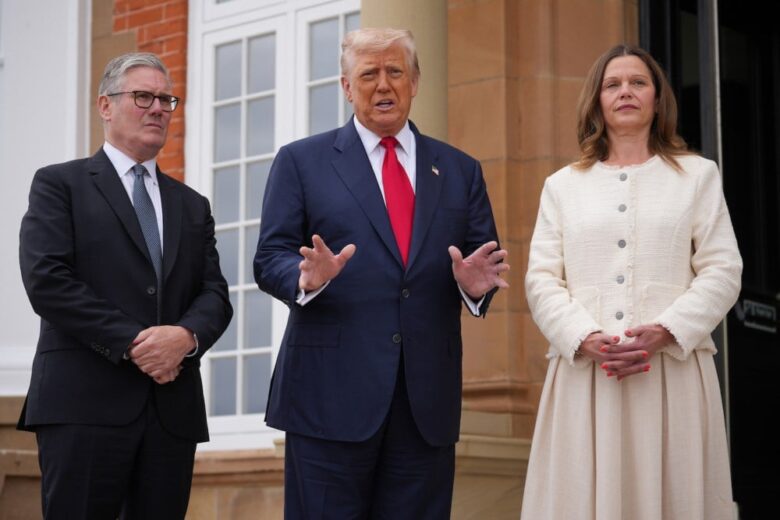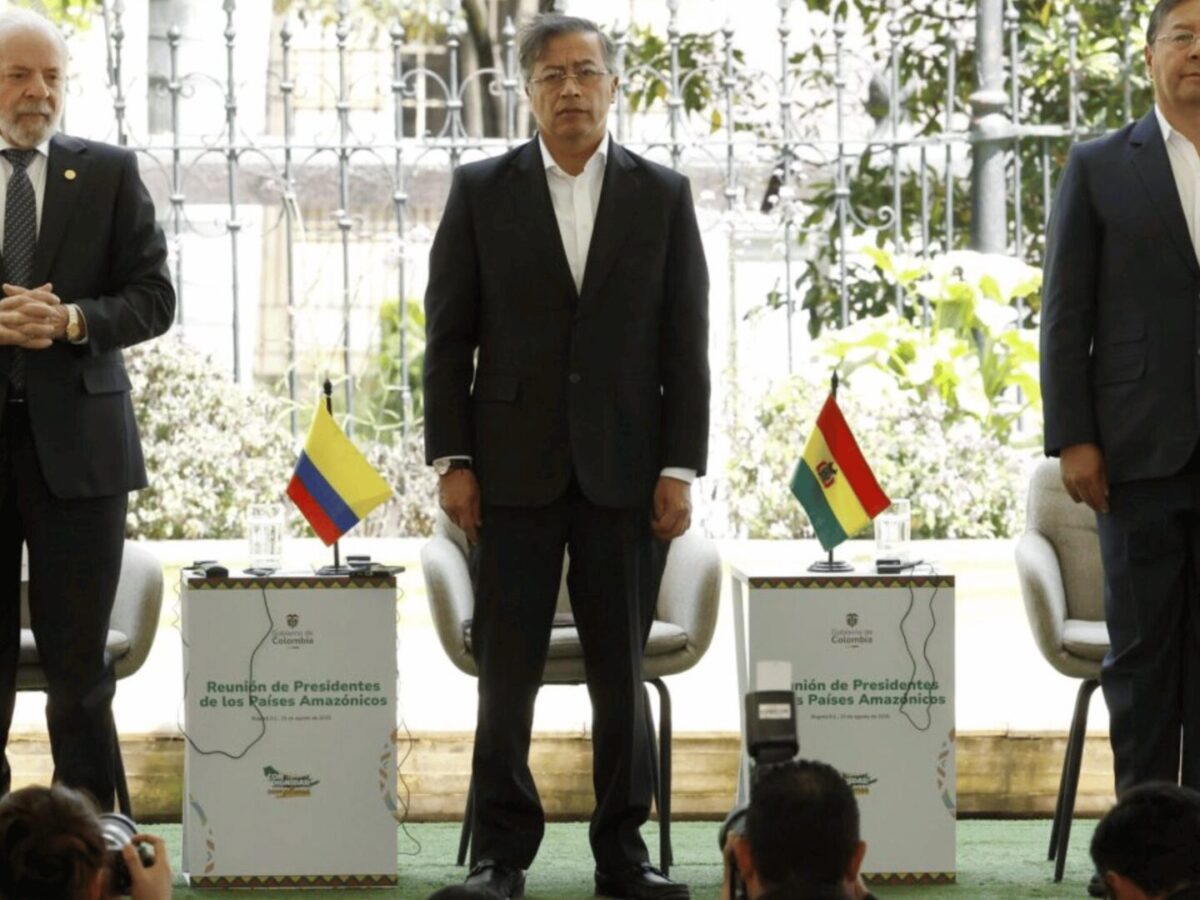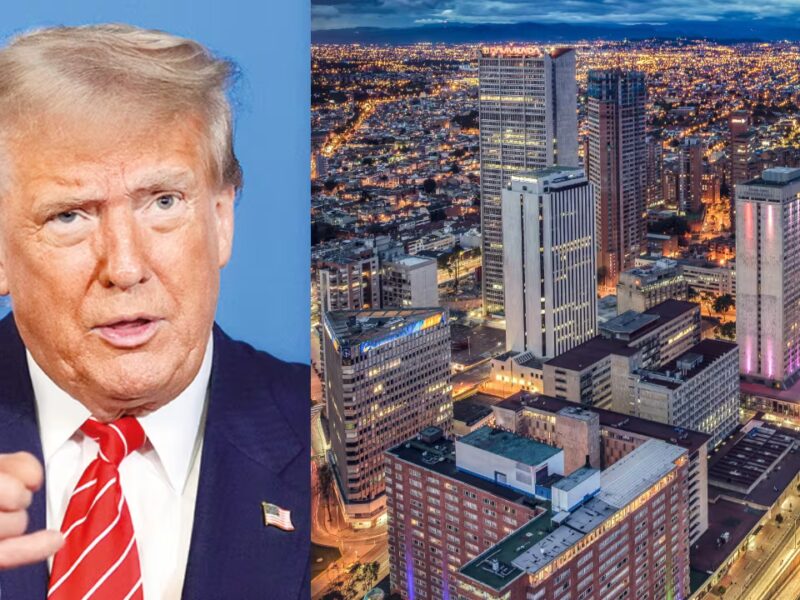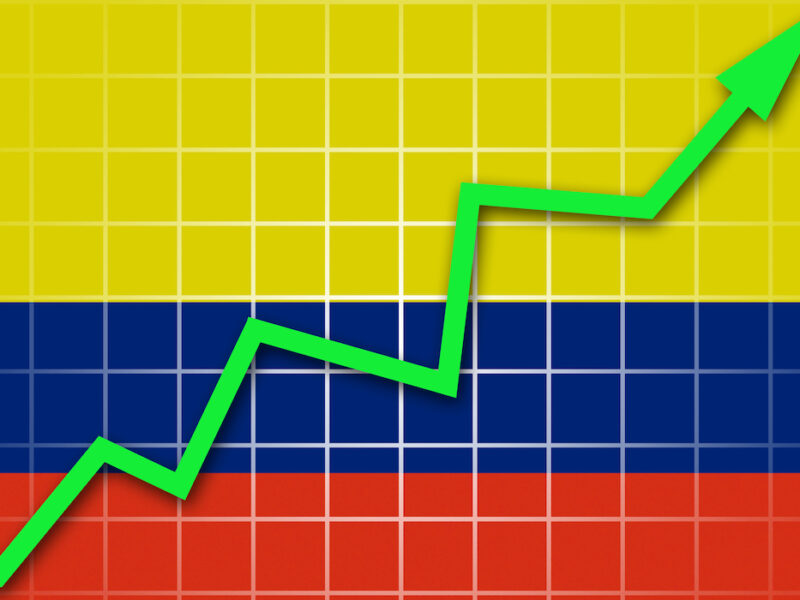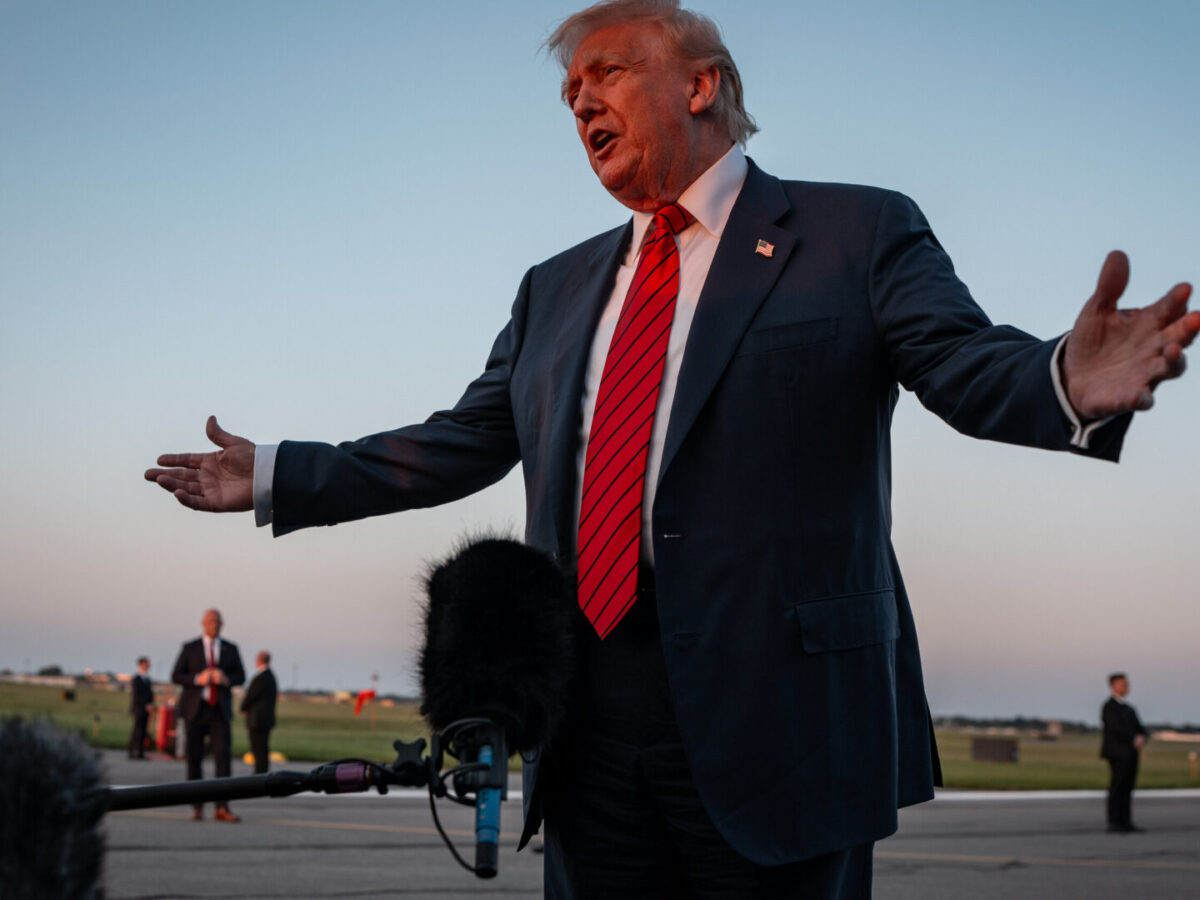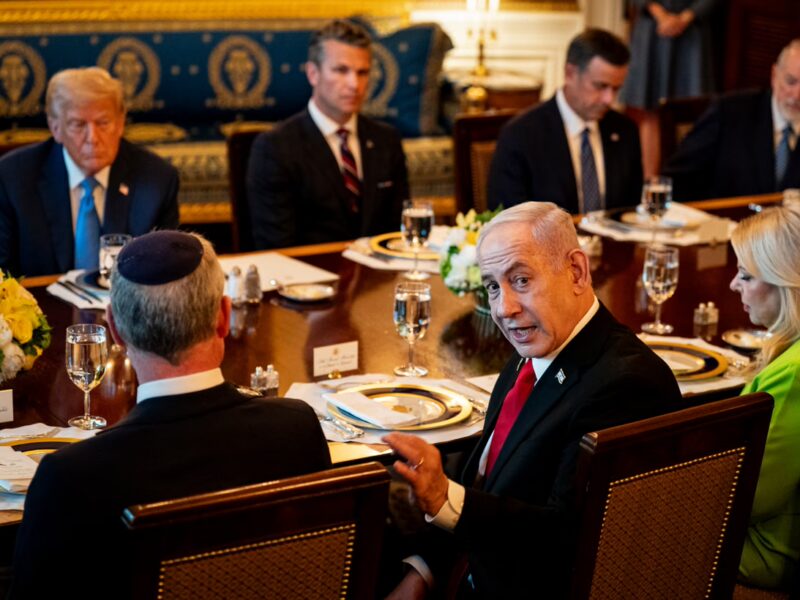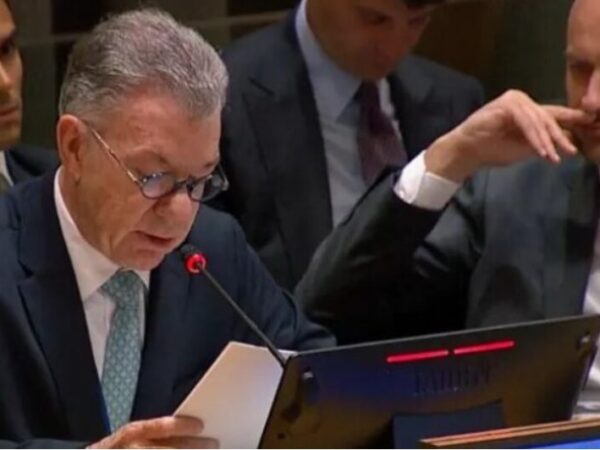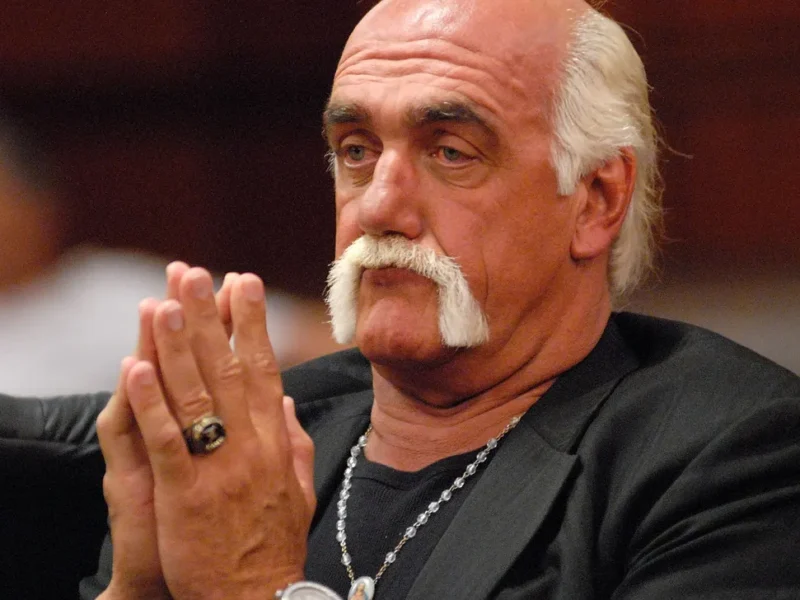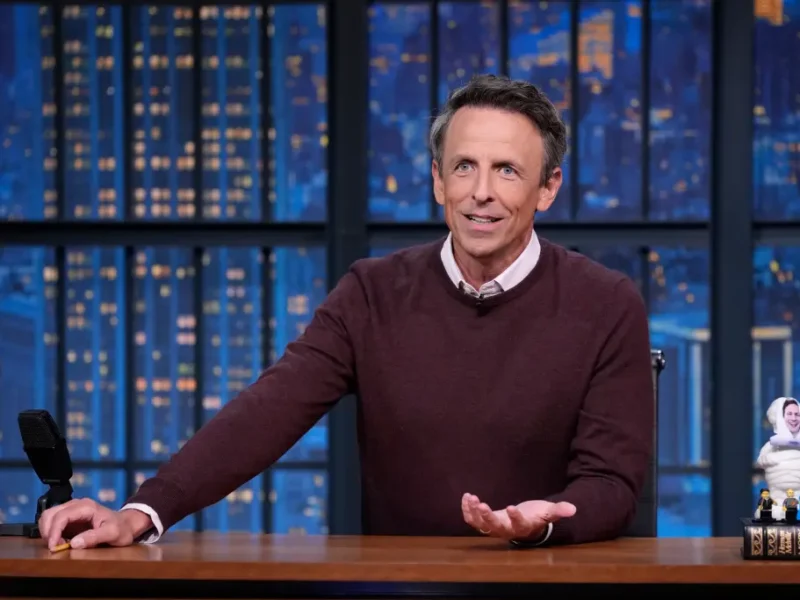Trump Calls Out Gaza Starvation Crisis During Talks with UK’s Starmer
During a high-profile summit at Scotland’s Turnberry golf resort, US President Donald Trump delivered one of his most direct criticisms of Israel to date, acknowledging the “real starvation” gripping the Gaza Strip. In a sharp message to Prime Minister Benjamin Netanyahu’s government, Trump insisted that Israel must allow “every ounce of food” into the besieged enclave, highlighting a shift in rhetoric as the humanitarian toll of the conflict grows.
The remarks came during a bilateral meeting with British Prime Minister Keir Starmer, who reportedly pressed Trump on the escalating humanitarian situation in Gaza. According to senior officials, Starmer urged the US to leverage its influence with Israel to improve conditions for civilians, particularly by easing restrictions on food and medical supplies.
What Prompted Trump’s Sudden Emphasis on Gaza’s Humanitarian Crisis?
Trump’s comments follow mounting international criticism of Israel’s blockade on Gaza, which has been in place since October 2023. Reports from UN agencies and humanitarian organizations have consistently painted a dire picture: mass displacement, collapsing infrastructure, and widespread hunger. Earlier this month, UNICEF warned of “catastrophic levels” of food insecurity affecting nearly the entire population of Gaza.
This backdrop has intensified calls for urgent action. Trump, who has largely been perceived as an unwavering ally of Israel, appeared to recalibrate his stance during the summit. “There is real starvation,” he stated plainly, adding, “we have to let every ounce of food into Gaza.”
This marked a significant departure from the administration’s earlier reluctance to publicly challenge Israeli policy. Aides suggested that the personal intervention by Starmer, coupled with the worsening imagery coming out of Gaza, influenced Trump’s tone.
How Has Israel Responded and What Could Change?
As of now, Israel has not formally responded to Trump’s latest remarks. However, the prime minister’s office has previously defended the blockade as a necessary security measure, aimed at curbing arms smuggling and attacks by Hamas. Despite these justifications, humanitarian corridors remain limited, and aid agencies often struggle to navigate the bureaucracy and security protocols required to deliver assistance.
If Trump follows through with policy measures or diplomatic pressure, it could signal a turning point. Analysts suggest that the US could tie future military aid or diplomatic support to measurable improvements in humanitarian access.
Starmer, meanwhile, emphasized the need for an “immediate and sustained” increase in aid flows. Speaking after the summit, he described the humanitarian crisis as “intolerable” and praised Trump for acknowledging the scope of the problem.
Could This Mark a Shift in US-Israel Relations?
Trump’s pointed language may indicate an inflection point in the US approach to the Middle East. While Washington remains a staunch supporter of Israel, growing public scrutiny and diplomatic pressure are forcing a recalibration. Human rights groups have welcomed Trump’s remarks, but warn that words must translate into action.
The situation in Gaza continues to deteriorate, with hospitals overwhelmed and supply chains broken. Even modest improvements in aid delivery could have immediate life-saving impacts.
The question now is whether Trump will sustain this tone and push through tangible policy shifts—or if the statement was a one-time deviation prompted by global outcry. For many watching closely, especially in Gaza, the hope is that the world’s most powerful leader will turn his words into a genuine pivot in policy.
Other News To Read


